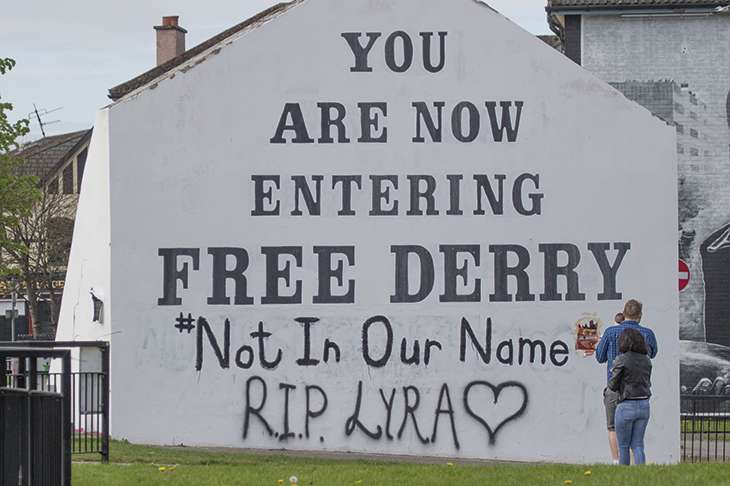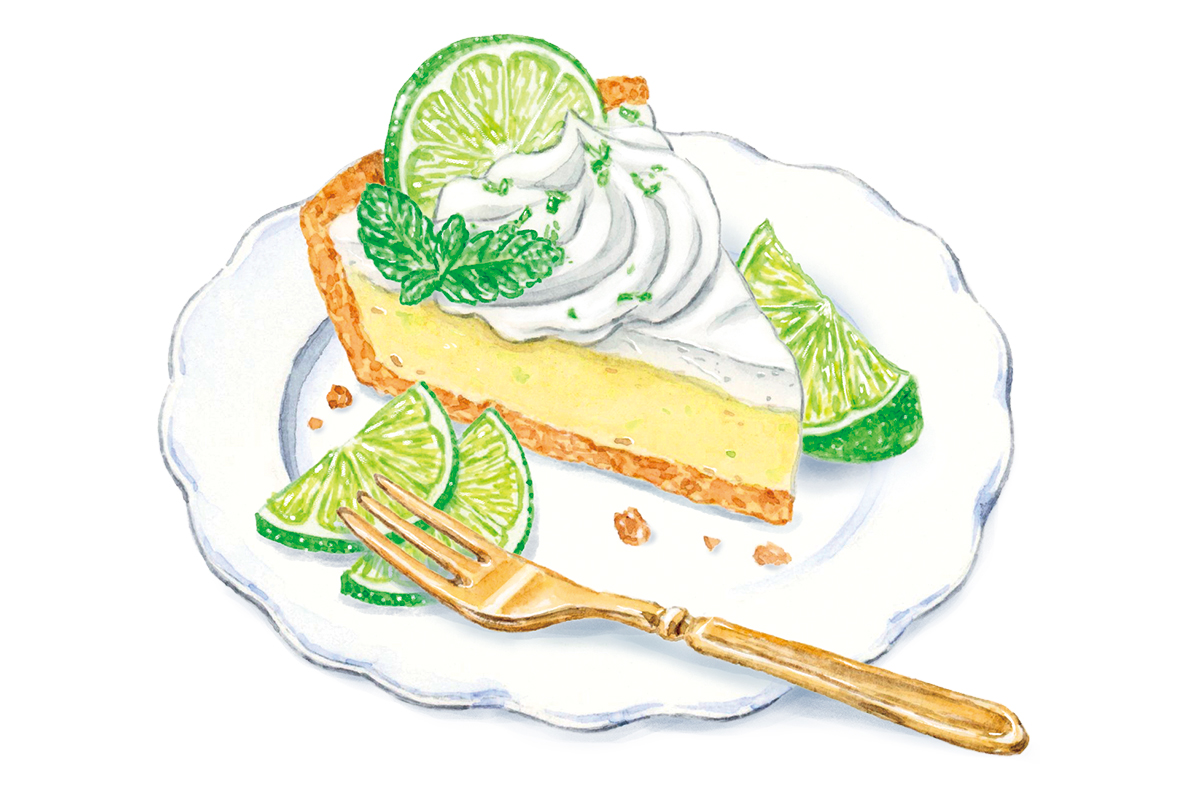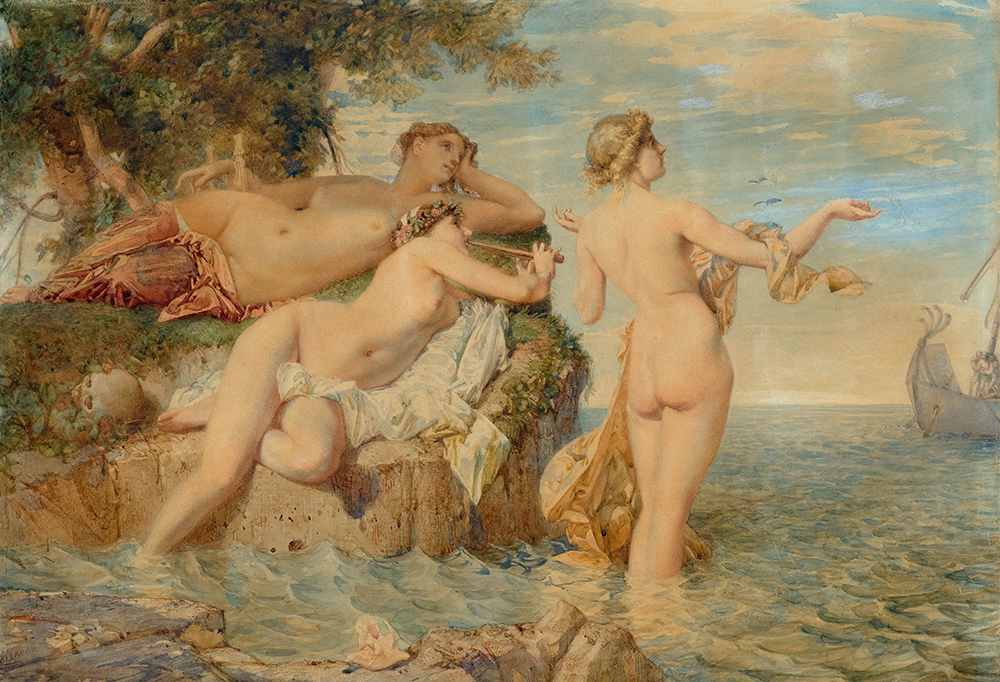For those of us who grew up in Northern Ireland during the Troubles, there is a pungent but negative sense of time travel around New IRA statements. The New IRA spokesman is a ‘T. O’Neill’ — which, you might notice, is just a consonant and some bad blood away from the old Provisional IRA spokesman ‘P. O’Neill’ — and his sonorous words, like those of his predecessor, are carefully crafted to mask a sad, nasty reality.
The most recent one, in the aftermath of the New IRA murder of the journalist Lyra McKee, offered an ‘apology’ which stated that ‘in the course of attacking the enemy Lyra McKee was tragically killed while standing beside enemy forces’. As a fresh precaution, it said, ‘we have instructed our volunteers to take the utmost care in future when engaging the enemy’ (translation: when trying to murder police officers, remember not to fire wildly into a crowd of bystanders).
It was, to use the modern phrase, a case of ‘Sorry, not sorry.’ Not sorry for rioting, bringing guns back on to Derry streets or shooting at police. Sorry for itself, however, that as a result of killing a young, widely loved female journalist (rather than, say, a PSNI officer), the New IRA’s PR wing, Saoradh, is currently having a tougher time of it than usual. It is safe to say that when the organization first egged on rioting in Derry’s Creggan estate, it did not imagine that the outcome would be a small group of courageous, angry women — friends of Lyra’s — stamping accusatory handprints in red paint on the front of the dissidents’ Derry headquarters before the world’s cameras while the baseball-capped representatives of the current ‘armed struggle’ looked on sullenly.
The gunman’s preferred outcomes would have been, singly or in combination: to murder or injure a police officer; to showcase the presence of serious firepower within New IRA ranks; or perhaps to draw some response from the police which could then be exploited for political gain. At certain key points in its history, the republican movement has been powerfully energized by death, the psychology of which the British have often been slow to understand. The killing of 14 unarmed civilians in Derry in 1972 on Bloody Sunday by members of the Parachute Regiment, for example, famously acted as a ‘recruiting sergeant’ for the IRA. The 1981 hunger strikes, in which ten IRA prisoners starved themselves to death demanding political status, radicalized Irish nationalism and ushered in major electoral wins for Sinn Fein. The death of Lyra McKee, however, signaled a very different moment: it united the many opponents of a resurgent republican paramilitarism in decisive condemnation. When roughly 150 members of Saoradh paraded down O’Connell Street the following Saturday, they were met with widespread denunciation. Many male Irish tweeters, in particular, felt ridicule was the best revenge, gleefully noting that numerous paraders, in sunglasses and clinging green tops, were in poor shape for the crack troops of an ‘undefeated army’ — until Dr Mary McAuliffe, a historian and gender studies lecturer at University College Dublin, stepped in to request that ‘all body shaming of Saoradh’ should stop, since this approach was ‘a major tactic of the alt-right’. Bloke Ireland subsequently clashed with Woke Ireland in a radio show debate: Is It Okay to Body Shame Dissident Republicans?
While such matters might be diverting to commentators, however, the truth is that any variety of shaming is irrelevant to the New IRA. They genuinely don’t care if everyone thinks they’re fat, evil or both. They regard themselves as not the ‘new’ but the essential IRA, true keepers of the Irish republican flame, and they know that violence — if produced in sufficient quantities — sooner or later gets you taken seriously. You don’t need to be very fit to rig up a car bomb or shoot someone dead. In a clandestine interview with the Sunday Times last week, New IRA representatives described themselves, as the Provisional IRA once did, as anti–imperialist, socialist and committed to violence. Their campaign isn’t about Brexit or the political vacuum in Northern Ireland — although those factors might assist recruitment — but the long-held goal of Irish unity.
One quote struck me in particular: ‘We are not interested in being popular. Republicanism has always been a small core of people… to support armed struggle was never popular. In 1916, 1,200 people took part in the Easter Rising. The remnants of those who survived were spat at as they were led away.’
The speaker doesn’t complete the observation, however — which is that, after the British executed the leaders of the Rising, those same men posthumously acquired a powerful mythic status. To support ‘armed struggle’ in the moment was frequently unpopular, but to glorify it in retrospect has often been very popular indeed. For the moment that Irish republican violence ceases in reality — and the images of victims and their devastated relatives fade from public view — it is often mythologized in memory, creating fertile ground for the later regeneration of the ‘struggle’.
The New IRA is aware that what the Provisional IRA did in its long heyday far outstrips — in brutality and sectarianism — anything that the New IRA has so far achieved. In 1981, for example, the IRA deliberately shot dead another 29-year-old woman in Derry, Joanne Mathers, for the perceived offense of collecting census forms in the city. In 1990 it abducted Patsy Gillespie, a Catholic father of five and a cook at a British army base, and chained him to the seat of a van full of explosives. He was then forced to drive into a British army checkpoint, killing himself and five soldiers. The architect of these actions — which drew scorching condemnation at the time — was Martin McGuinness, who went on to become deputy first minister of Northern Ireland. Thousands lined the streets for his funeral. Bill Clinton jetted in to give an oration.
There must, of course, be some place in politics for change and redemption — and those who came to praise McGuinness frequently made a showy moral distinction between Early McGuinness, who did very wrong things, and Late McGuinness, who participated in democratic politics and was both astute and agreeable. This is not a distinction that McGuinness himself chose to make. The party line, echoed by Gerry Adams and upheld by the current Sinn Fein leadership, was that individual deaths were regrettable but the IRA campaign was justified. The inscription on Martin McGuinness’s headstone — Óglaigh na hÉireann — made it very clear that he was proudly an IRA man first and foremost.
In republican terms, Sinn Fein can only justify the cessation of the IRA campaign, short of Irish unity, by retrospectively suggesting that its main purpose was the furtherance of civil rights for Catholics in Northern Ireland — an argument to which the dissident republican Kevin Hannaway, a cousin of Gerry Adams, responded: ‘If they were out for an Irish Republic, they failed. If they were out for civil rights, they got it in 1973. So what the fucking hell was the other 30 years of war for?’
The Good Friday Agreement sought to democratize paramilitaries, and in some ways it did. Yet a swift look around Northern Ireland suggests that, long-term, it has also helped to paramilitarize democracy. A couple of April stories from its local news: Martina Anderson, a Sinn Fein MEP, defiantly tweeted that although a controversially named play park had been sold off by the council ‘Raymond McCreesh Park it will remain’. McCreesh was an IRA hunger striker who was also implicated in the 1976 Kingsmill massacre of 10 Protestant workmen. On the unionist side, a DUP Belfast council candidate, David McKee, was recently photographed sporting a UDA badge at a UDA benefit night, in front of a UDA flag. The UDA/UFF was responsible for more than 400 Troubles deaths, most often of Catholic civilians selected at random. So far, the party has not moved to eject him. The PSNI report that the UDA remains active in criminality.
Over in the US, leading politicians have neglected to make the distinction between Early and Late McGuinness that many British politicians once found so crucial. In fact, they enthusiastically embrace Early McGuinness: the city of San Francisco recently gave him a posthumous award, signed off by the mayor, London Breed, which specifically praised ‘Martin’s courageous service in the military’. It echoed the scene in New York in March 2018, when the mayor Bill de Blasio gushingly awarded the freedom of the city to the ‘statesman’ Gerry Adams, in the course of which he renamed St Patrick’s Day in the city of New York: ‘Gerry Adams Day’. Near to Adams, the Taoiseach Leo Varadkar smiled and clapped. It was a terrible and symbolic moment — the relegation of Ireland’s patron saint to a place below its best-known modern exponent of paramilitarism — and I could not have imagined Mr Varadkar’s Fine Gael predecessors, Garret FitzGerald, John Bruton or even Enda Kenny participating in quite such circumstances. But those politicians had a greater visceral sense of the dangers of Northern paramilitarism, a profound wariness still shared by many Irish people.
I do wonder, however, just what a disaffected youth in Derry’s Creggan estate might make of such a scene, knowing that the lauded Adams once orchestrated the same violence for which the New IRA is reviled now. Both Catholic and Protestant children — particularly in working-class republican and loyalist areas — are too often growing up nourished on stories of the Troubles as a heroic struggle rather than a squalid sectarian conflict. But if the murder of Lyra McKee is not simply to be another dark moment in an ongoing cycle of violence, condemnation and myth-making, Ireland — North and South — will need to own the full picture of its past. To her great credit, that is what McKee always sought.
There’s a 1999 book called Lost Lives, in which five Northern Ireland journalists painstakingly recorded every Troubles death and its grim circumstances. It is not partisan, merely heartbreakingly factual, taking in those who died as a result of actions by republicans, loyalists, police and also the British army. The book is out of print now — I see that even a second-hand copy on Amazon starts at £88 — but it should be reprinted, updated, and distributed to all Northern Ireland schools. In the thick of the Irish civil war, W.B. Yeats wrote: ‘We had fed the heart on fantasies/ The heart’s grown brutal from the fare/ More substance in our enmities/ Than in our love.’ He could have been writing about Northern Ireland today. Romance kills. It’s time to stop feeding on fantasies.
This article was originally published in The Spectator magazine.

























